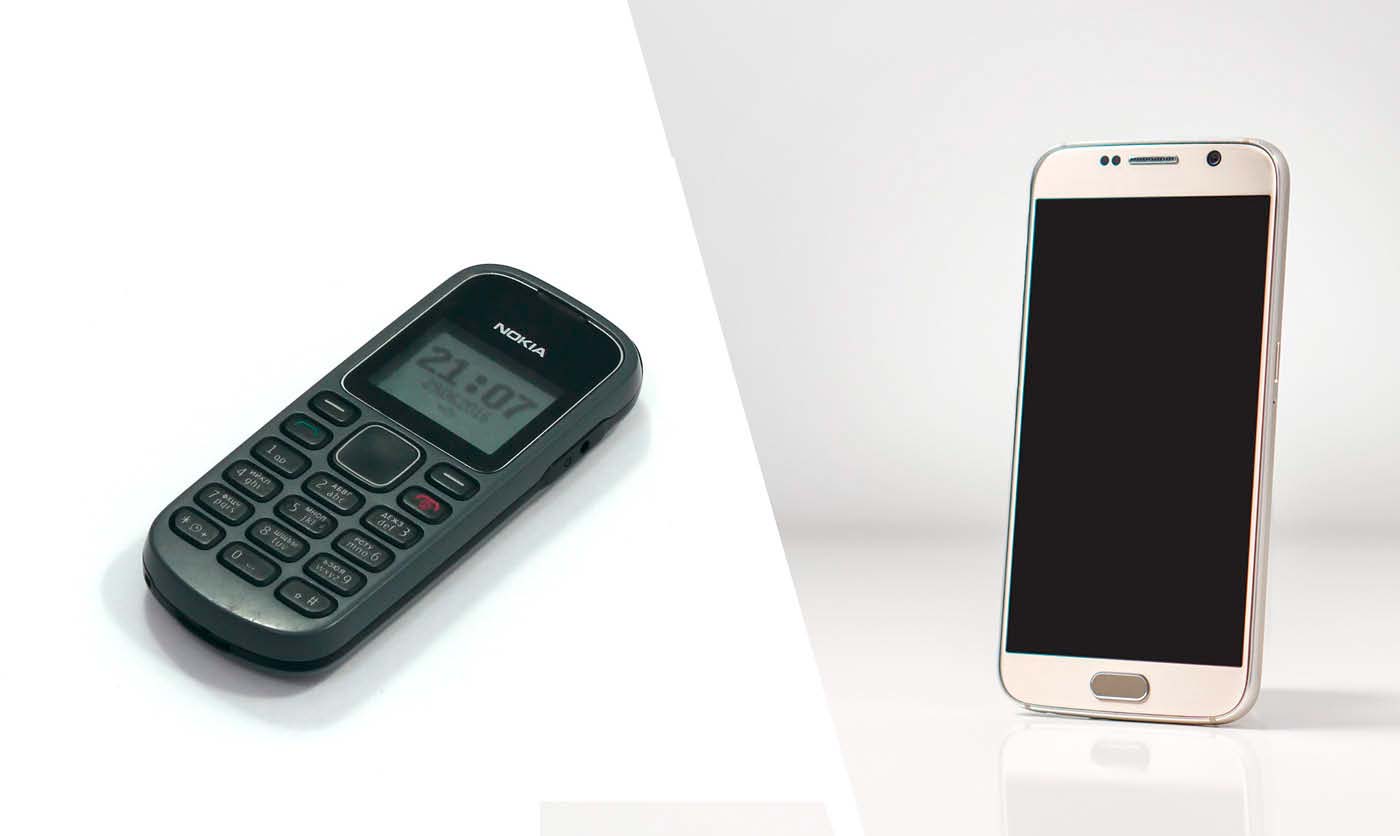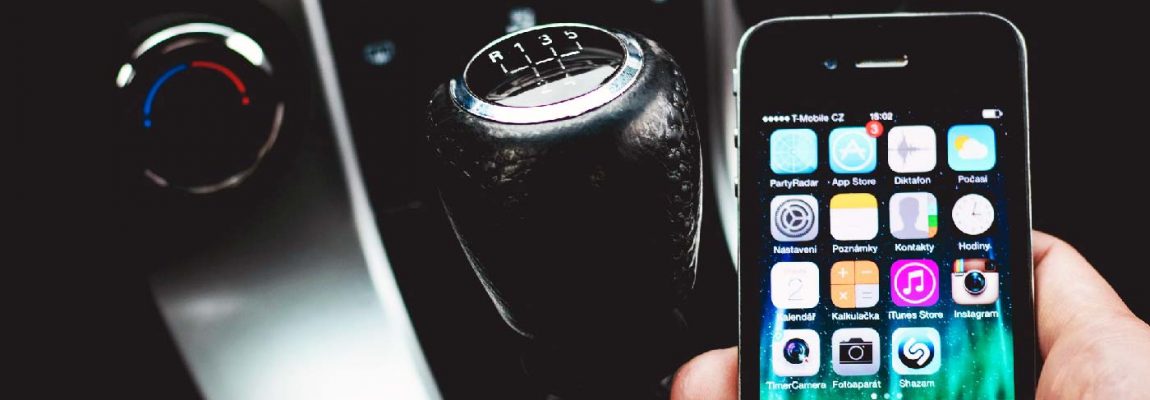Driving and using a mobile phone is a topic that keeps on cropping up. It really is an issue that taxes motorists and causes them much anxiety, especially as the police seem to be increasing their vigilance now that the penalties have been increased in the light of recent notorious cases where road users have tragically died.
But what of the current law?
Finding out when using a mobile phone is illegal in a car (or a commercial vehicle, of course) is a minefield and one which was covered in the Daily Telegraph just after Christmas when one of their journalists, Fraser Nelson, wrote about his own experiences in the Magistrates Court after he was caught using a mobile phone at the wheel. Mr Nelson wrote about how difficult it is to find a “list” of mobile phone offences. This led to a front page report in the same newspaper and calls for clarity. A list or official explanation does exist, but it is quite difficult to find.
You need to consult The Road Vehicles (Construction and Use) (Amendment) (No 4) Regulations 2003; it’s all there! The Government of the day added a new Regulation – Regulation 110 – to these Regulations which sets out the prohibition on using a hand-held mobile telephone or a hand-held device of a kind, other than a two-way radio, which performs an interactive communication function by transmitting or receiving data).
Simply picking up a mobile phone and placing it down somewhere in your car without either examining the functioning screen or touching any actual or virtual buttons (which would presumably include swiping the screen in any manner) is not an offence. If a police officer sees you with a mobile phone fleetingly in your hand like that then he has no business becoming over-excited by the action; the mobile phone may have been resting on your passenger seat and then slipped off onto the floor under heavy braking; picking it up and replacing it on the seat is okay. Similarly, it is not an offence in itself to pick up an iPod (outmoded as they are these days), a map, a piece of chocolate or a note (with, say, an address on) as long as your attention is not affected and you remain in full control of your vehicle; in other words you do not slide into the realms of driving without due care and attention, or worse.
A mobile phone will be hand-held and thus against the law, according to Paragraph (6) of the Regulation, if it is, or must be, held at some point during the course of making or receiving a call or performing any other interactive communication function. Watch out if you want to use the mobile phone with it resting with the speaker switched on out of sight on your lap. If you had to hold the mobile phone even if briefly in order to dial a number that is enough to contravene the law.
The key is whether or not the phone is exchanging data or not.
Increasingly, mobile phones double up as sat-navs. Fine you may think but watch out. If you had to set it up initially with an address or postcode then just make certain it is not in your hands, that it is not being held. A cradle is best but, with the law focusing on hand-held usage you should be all right pressing buttons as long as the mobile phone is resting in its entirely on the seat beside you and not in your hand.
But the law needs updating and clarifying. Remember it was drafted just two years after 9/11 when mobile phones were nowhere near as sophisticated as they are today.

Remember, if you face a road traffic offence, you are almost certainly better off seeking legal advice at an early stage.
For further advice or information on Road Traffic law call Michael McGhie on 01202 877400.


